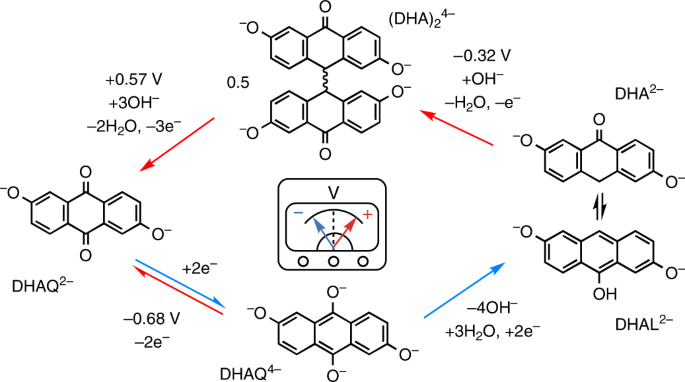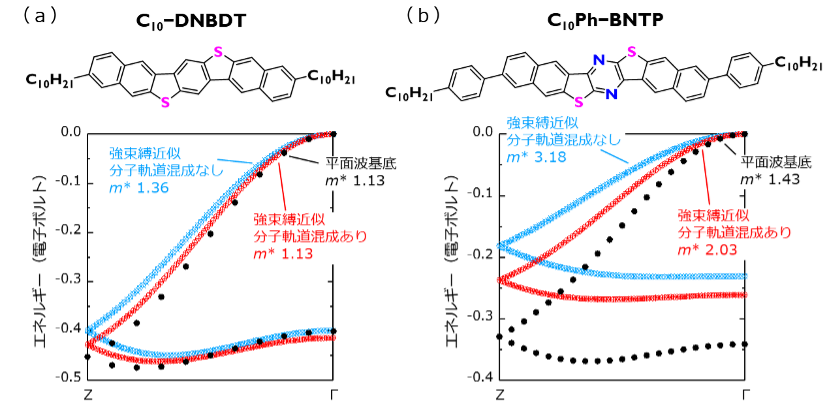Twitterの談話は、問題のある研究の「危険信号」システムとして機能するでしょうか。 Could Twitter discourse function as a “red flag” system for problematic research?
2022-06-14 ノースウェスタン大学
この発見は、誤った情報の拡散や科学に対する国民の信頼に関わるものである。しかし、今回の分析で対象となった撤回論文は、撤回前にTwitter上でより批判的な議論が展開されていることが多く、Twitterが科学の公式な判断材料になるべきではありませんが、一部のコミュニティでは、怪しげな研究の早期発見につながる可能性があることが示唆されました。
<関連情報>
- https://news.northwestern.edu/stories/2022/06/flawed-research-not-retracted-fast-enough-to-prevent-spread-of-misinformation-study-finds/
- https://www.pnas.org/doi/10.1073/pnas.2119086119
撤回された論文に対するクロスプラットフォームの注目度のダイナミクス Dynamics of cross-platform attention to retracted papers
Hao Peng, Daniel M. Romero and Emőke-Ágnes Horvát
Proceedings of the National Academy of Sciences. Published: June 14, 2022
DOI:https://doi.org/10.1073/pnas.2119086119

Abstract
Retracted papers often circulate widely on social media, digital news, and other websites before their official retraction. The spread of potentially inaccurate or misleading results from retracted papers can harm the scientific community and the public. Here, we quantify the amount and type of attention 3,851 retracted papers received over time in different online platforms. Comparing with a set of nonretracted control papers from the same journals with similar publication year, number of coauthors, and author impact, we show that retracted papers receive more attention after publication not only on social media but also, on heavily curated platforms, such as news outlets and knowledge repositories, amplifying the negative impact on the public. At the same time, we find that posts on Twitter tend to express more criticism about retracted than about control papers, suggesting that criticism-expressing tweets could contain factual information about problematic papers. Most importantly, around the time they are retracted, papers generate discussions that are primarily about the retraction incident rather than about research findings, showing that by this point, papers have exhausted attention to their results and highlighting the limited effect of retractions. Our findings reveal the extent to which retracted papers are discussed on different online platforms and identify at scale audience criticism toward them. In this context, we show that retraction is not an effective tool to reduce online attention to problematic papers.



